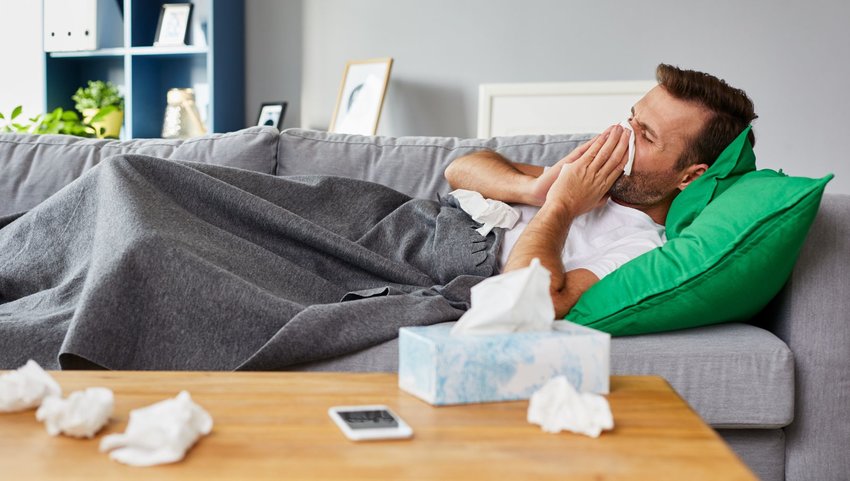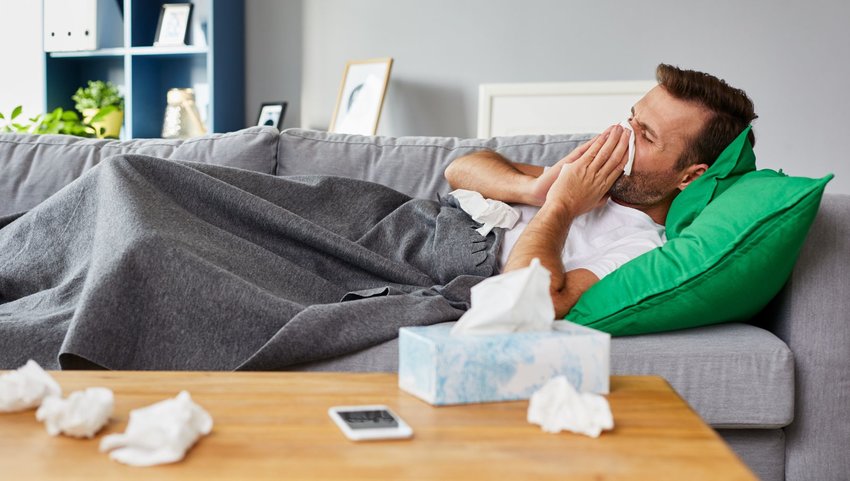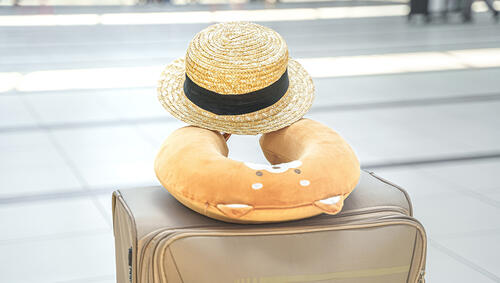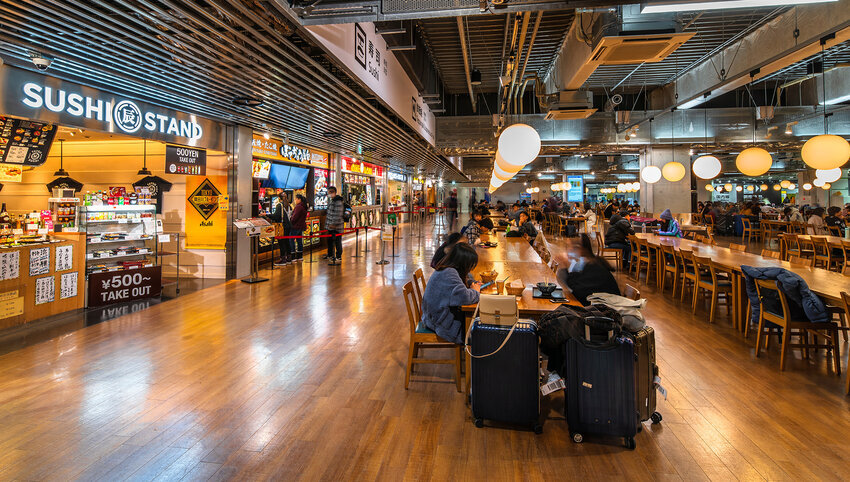Getting sick is something that we’d rather avoid no matter where we are, but the symptoms seem to multiply when we pick up a virus during a vacation. From the stress of planning and the always-unwelcome jet lag to changes in environment and diet, there’s dozens of factors that can affect our health when traveling. Often these situations are unavoidable and it is left to us to deal with it in the best way possible. Here are some ideas for what to do when you get sick on a trip abroad.
Bring a First-Aid Kit and Medications From Home

Regardless of how far you're traveling or how long you'll be away, it’s worth making space in your luggage for a first-aid kit and medications from home. The quicker you can fight the illness, the quicker you'll be on the road to recovery. Fill your luggage with bandages, ointments, and medications for treating minor ailments such as colds, cuts, headaches, and muscular pain. Essential medicines include antacids, ibuprofen, and paracetamol. If you suffer from seasonal allergies and skin reactions, remember to bring antihistamines.
If you have a chronic illness, then make sure to pack enough medication for the duration of your trip. Bringing medications from home will also come in handy if you ever need to explain to an overseas doctor or pharmacist what it is that you need. Pre-packed travel first-aid kits are available at affordable prices on websites such as Amazon.
Check the Terms of Your Travel Insurance
Travel insurance that covers medical costs is one of those things that people never think about until they actually need it and by then, it's too late. If your insurance does cover you while traveling, then check the terms to see what you can claim for. You might normally think twice about visiting a doctor when abroad because of the cost, but knowing that the provider will return your money will put you at ease in an otherwise stressful circumstance.
Go to an Emergency Room or Find a Doctor

When symptoms remain or worsen after medicating yourself, it's time to see a specialist. Call your insurance company or check the website to consult a list of healthcare centers situated close to you. When attending a consultation, always bring a copy of your insurance policy (if applicable), your passport, and any medications you take in their original packaging.
For travel within the U.S., Health Grades is a useful place to check the reviews of surgeries and individuals. For overseas travel, the International Association for Medical Assistance to Travellers has up-to-date health information and risks for all countries. It also has advice on finding English-speaking doctors and a list of standardized fees.
Protect Your Travel Buddies and Quarantine Yourself
You may not be contagious, but if you are, then prevent others in your group from getting sick. Wash your hands regularly and avoid sharing food, cutlery, bottles, and glasses. Use your own room key, pillow, telephone, and anything that can carry germs. It might be worth paying for a separate room until you are in the clear. By doing so, you’ll keep the germs confined to your own space and refrain from disturbing friends at nighttime. Remember that a well-rested friend will be better able to tend to your needs.
Relax and Understand That the Sickness is Temporary

Unless you have severely injured a bone or muscle, most travel disorders should only last for a few days. Treat it as an opportunity to get lots of rest and not as lost time on the trip. Stay hydrated by drinking plenty of filtered water and electrolyte drinks. In the case of stomach upsets, opt for a bland diet such as BRAT (bananas, rice, applesauce, and toast) and reintroduce your normal foods gradually. Don’t jump straight back into a fast-paced itinerary either. Instead, modify it to adapt to how you feel until you are your true self once again.
Contact Your Embassy or Consulate
Bear in mind that wherever you are in the world, there’s always help from home available. If you’ve traveled to a foreign country, then there will likely be an embassy and/or a consulate office there. Don’t be afraid to use their services. After all, that is part of what they're there for. They’ll be able to point you in the direction of reputable healthcare providers, hospitals, and pharmacies and provide assistance in the event of a language barrier. In worst case scenarios, they can also help to arrange transportation back home.





